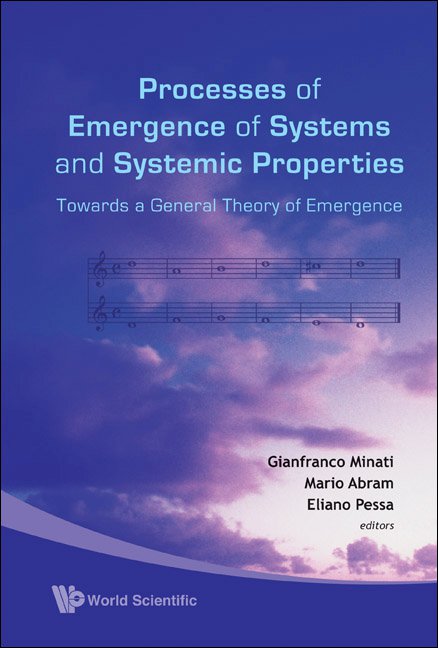DECISION MAKING MODELS WITHIN INCOMPLETE INFORMATION GAMES
According to Evolutionary Game Theory decision making in games with incomplete information should be viewed as an emergent phenomenon. However, the adoption of this framework tells us nothing about the concrete modeling of the emergence of decisions within specific games. In this paper we took into consideration the case of Iterated Prisoner Dilemma Game (IPDG). In this regard we compared the outcomes of computer simulations of three different decision making models, two of which implemented through particular neural network architectures, with experimental data coming from observations about the behavior in IPDG of human players. The comparison was based on the use of a Genetic Algorithm, which let us know the best parameter values, for each kind of model, granting for the best reproduction of the observed pattern of experimental data. We found that the best fit was obtained by a model directly taking into account the inner expectancies of each player. This result suggests that the emergence of decision cannot be described by resorting to the simplest models of self-organization. More complex models are needed, including a detailed account of the operation of player's cognitive system.



